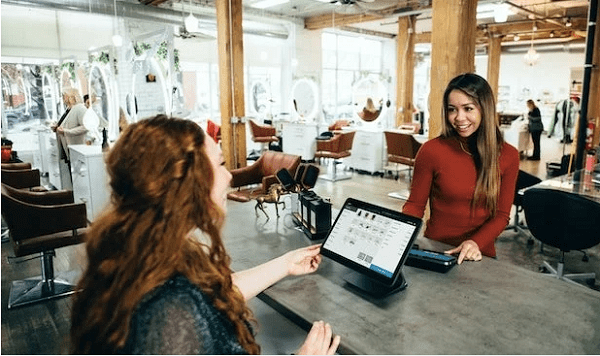On Monday, prominent leadership expert and author Kirstin Ferguson started a Twitter thread about International Women’s Day.
Inspired by a post about handmade earrings, Ferguson said she had been prompted to “put my money where my mouth is around supporting women”.
As International Women’s Day approaches on March 8, Ferguson said she was planning to buy from Australian women and asked her 21,000 followers to share links to online businesses she could support.
“For 2021, I want to support with cash, not just words,” she added.
Seeing this tweet has prompted me to put my money where my mouth is around supporting women.
For #IWD2021 I plan to buy from Aussie women … please hit me up with links for online biz’. I will share them here in a thread.
For 2021, I want to support with cash, not just words. https://t.co/qLycPv1HoP— Kirstin Ferguson (@kirstinferguson) March 1, 2021
Ferguson’s followers — myself included — started sharing links to businesses to support and Ferguson added 30 businesses to the thread, indicating which ones she’s already bought from.
She even offered to buy some flowers from a roadside flower stall, for the owners to then give to someone in their community as a gift.
It made me stop and think about how and where I spend my money, and how I could be more intentional when making purchasing decisions this year.
What would happen if, collectively, we all made more effort to buy from women-led businesses this IWD, and in the weeks, months and years that follow?
What if, like Ferguson, we were all to support women-led businesses with cash, not just words?
There is no limit to the impact this could have on those businesses, their owners, and the communities they serve.
The United Nations’ official theme for this year’s IWD is “Women in Leadership: Achieving an equal future in a COVID-19 world” and it’s an opportunity to reflect on how we can make simple changes to our daily buying habits to contribute to this vision.
Indeed, this kind of practice doesn’t have to be limited to individuals either. Organisations of all shapes and sizes — from small businesses to large corporations and government departments — make purchasing decisions each and every day.
What would happen if they too thought more carefully about who they buy from?
There are a myriad of lenses that we can consider our buying decisions through, with women-led businesses one of the important ones.
What if we also actively sought to buy from more businesses run by First Nations people and people of colour?
If we included more businesses run by people with disabilities?
If we looked outside of the capital cities more often and chose to work with great suppliers located in regional and rural areas?
If we actively stopped buying from large corporations that have little regard for corporate social responsibility or their impact on the environment?
No group understands how far one dollar goes more than those in small business, so on #IWD2021, I hope you’ll join me in taking a moment to think about where your next dollar could go.


